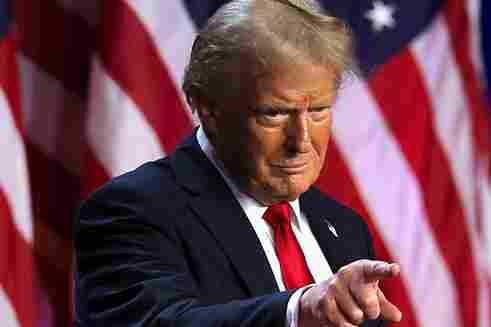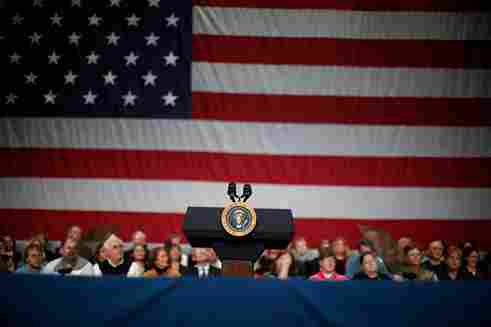The political landscape of the United States has been profoundly shaped by the influence of Donald Trump. As a polarizing figure, his policies and rhetoric continue to impact American society, economy, and international relations. This article explores potential changes and challenges America might face under Trump’s leadership or his influence on the Republican Party, focusing on key areas such as governance, economy, social fabric, and global standing.
1. Governance and Political Polarization Under Trump’s leadership, the U.S. witnessed a shift toward populist and nationalist policies. If Trump regains power or retains significant influence within the Republican Party, the following changes could occur:
- Institutional Reforms: Efforts to curtail bureaucratic power and reshape federal agencies could intensify, aiming to consolidate executive authority.
- Judiciary Impact: Trump’s appointments to the judiciary have already shifted the ideological balance. Further influence could result in landmark rulings on contentious issues like abortion, gun rights, and federal regulatory powers.
- Increased Partisanship: Polarization could deepen, potentially leading to legislative gridlock and greater public division.
2. Economic Policies and Trade Trump’s economic agenda has consistently focused on “America First” policies. A return to these principles might bring:
- Tariff Wars: Renewed trade disputes, particularly with China, aimed at protecting domestic industries.
- Deregulation: Expanded efforts to reduce federal regulations on businesses, especially in energy and manufacturing.
- Tax Reforms: Potential tax cuts for corporations and high-income earners, potentially stimulating economic growth but raising concerns about income inequality.

3. Social and Cultural Shifts Trump’s presidency had a profound impact on America’s social and cultural dynamics. Future implications may include:
- Immigration Policies: Stricter immigration controls, including potential expansions of border wall construction and deportation efforts.
- Identity Politics: Heightened focus on issues like race, gender, and national identity, potentially leading to both cultural clashes and grassroots activism.
- Media Landscape: Further erosion of trust in mainstream media, accompanied by the rise of alternative platforms amplifying polarized narratives.
4. International Relations and Global Influence Trump’s foreign policy emphasized unilateralism and skepticism toward traditional alliances. If these trends continue:
- NATO and Allies: Potential re-evaluations of U.S. commitments to NATO and other alliances, creating uncertainty among traditional allies.
- China and Russia: A more confrontational stance toward China, while maintaining complex dynamics with Russia.
- Global Leadership: Reduced emphasis on global leadership roles, focusing instead on domestic priorities and transactional diplomacy.
Conclusion The future of America under Trump’s influence promises significant changes, both domestically and internationally. While his policies resonate with a substantial portion of the population, they also generate fierce opposition. As America navigates this uncertain path, the ability to balance these forces will be crucial in shaping the nation’s trajectory. Regardless of political leanings, understanding these potential shifts is vital for preparing for the years ahead.

